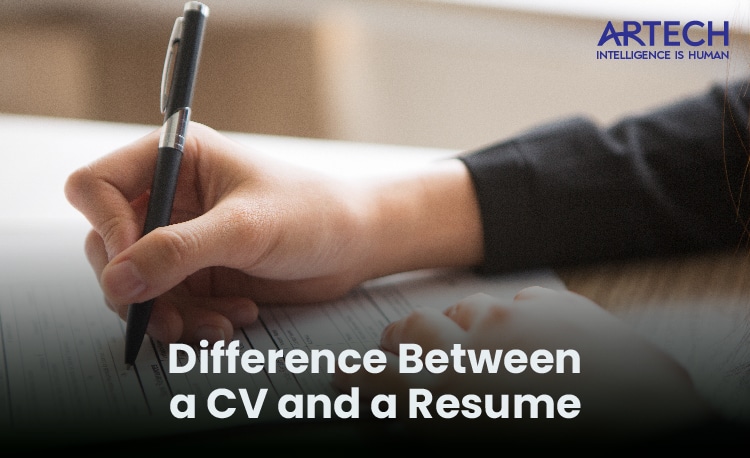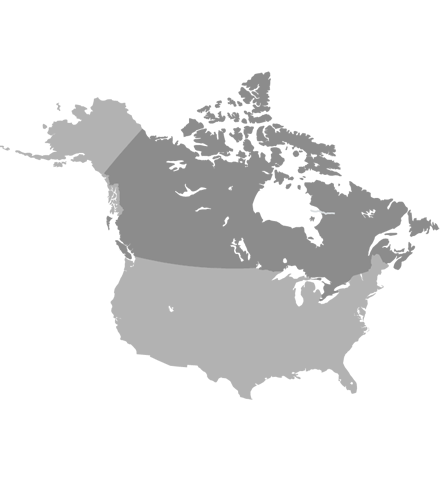
When it comes to job applications, understanding the difference between a CV (Curriculum Vitae) and a Resume is crucial. Though often used interchangeably, these documents serve distinct purposes and differ in structure, length, and usage. This article digs into the key contrasts between a CV and a Resume, helping you ensure you select the right record for your work look.
What is a CV?
A CV, or Curriculum Vitae, is a comprehensive document that provides a detailed overview of your academic background, work experience, skills, accomplishments, and other relevant information. It is typically used in academic, research, and scientific fields.
What is a Resume?
A resume is a concise document summarizing your professional background, including work experience, skills, and accomplishments. It is designed to be a brief overview tailored to a specific job, highlighting the most relevant qualifications.
What is Difference Between CV & Resume?
A CV is typically longer and more detailed, often several pages, covering a comprehensive history of your academic and professional background. In contrast, a resume is shorter and more concise, usually one to two pages, focusing on relevant experience and skills for the specific job. CVs are mainly used for academic, research, medical, and scientific roles, while resumes are used for most other job applications, particularly in the US and Canada.
Content of a CV:
1. Personal Information :
Incorporates your title, contact subtle elements, and some of the time a proficient rundown or objectives.
2. Education :
Detailed account of your academic history, including degrees, institutions, dates, and noteworthy achievements.
3. Work Experience :
Chronological listing of past jobs with detailed descriptions of roles, responsibilities, and achievements.
4. Skills :
Highlighting both technical and soft skills relevant to your field.
5. Publications and Presentations :
For academic and research roles, this includes research papers, articles, and conference presentations.
6. Certifications and Awards :
Professional certifications, honors, and awards.
7. Professional Affiliations :
Memberships in professional organizations and associations.
8. References :
Sometimes included or available upon request.
Also Read: Crafting Resume Objective Statement: Examples and Tips
Usage of CV:
- Commonly used in academia, research, medical, and scientific fields.
- Required for positions abroad, particularly in Europe, the Middle East, Africa, and some parts of Asia.
Content of a Resume:
1. Contact Information :
Your title, phone number, e-mail address, and sometimes a LinkedIn profile.
2. Professional Summary or Objective :
A brief articulation summarizing your career objectives and key qualifications.
3. Work Experience :
List of previous jobs, with a focus on roles and responsibilities that are most relevant to the job you are applying for.
4. Skills :
A summary of key skills to add in your resume that align with the job requirements.
5. Education :
Brief listing of your academic background, including degrees and institutions.
6. Certifications and Awards :
Relevant certifications and awards, particularly those pertinent to the job.
Usage of a Resume:
- Commonly used across various industries for job applications in the US and Canada.
- Preferred for corporate, non-academic, and most professional job applications.
Also Read: Crafting a Standout Resume: Essential Skills to Highlight
Tips for Writing an Effective CV:
-
Be Detailed :
Include comprehensive details of your educational and professional background.
-
Organize Clearly :
Use clear headings and sections to enhance readability.
-
Keep it Updated :
Regularly update your CV to reflect your latest achievements and experiences.
Tips for Writing an Effective Resume :
Here are a few tips for creating a resume that stands out:
-
Be Concise:
Focus on relevant skills and experience for the job you are applying for.
-
Tailor Each Application:
Customize your resume for each job application to highlight the most Important and relevant qualifications.
-
Use Keywords:
Incorporate job-specific keywords to pass Applicant Tracking Systems (ATS).
Conclusion
Both CVs and Resumes are essential tools in the job application process, but they serve different purposes and are used in different contexts. A CV gives a comprehensive overview of your academic and professional history, suitable for academic and research roles. In contrast, a Resume is a concise summary tailored to specific job applications, widely used in the corporate world. Understanding the differences between these documents can help you effectively present your qualifications and enhance your chances of success in your job search.
This content is crafted with care by Artech Staff Authors. While it reflects our commitment to quality and accuracy, please note that it is not authored by industry experts. We aim to offer valuable and engaging information, and for more specialized or technical advice, we recommend consulting with professionals in the relevant field. If you have any concerns or require further assistance, please contact us at support@artech.com. Thank you for trusting Artech as your source of informative content.








